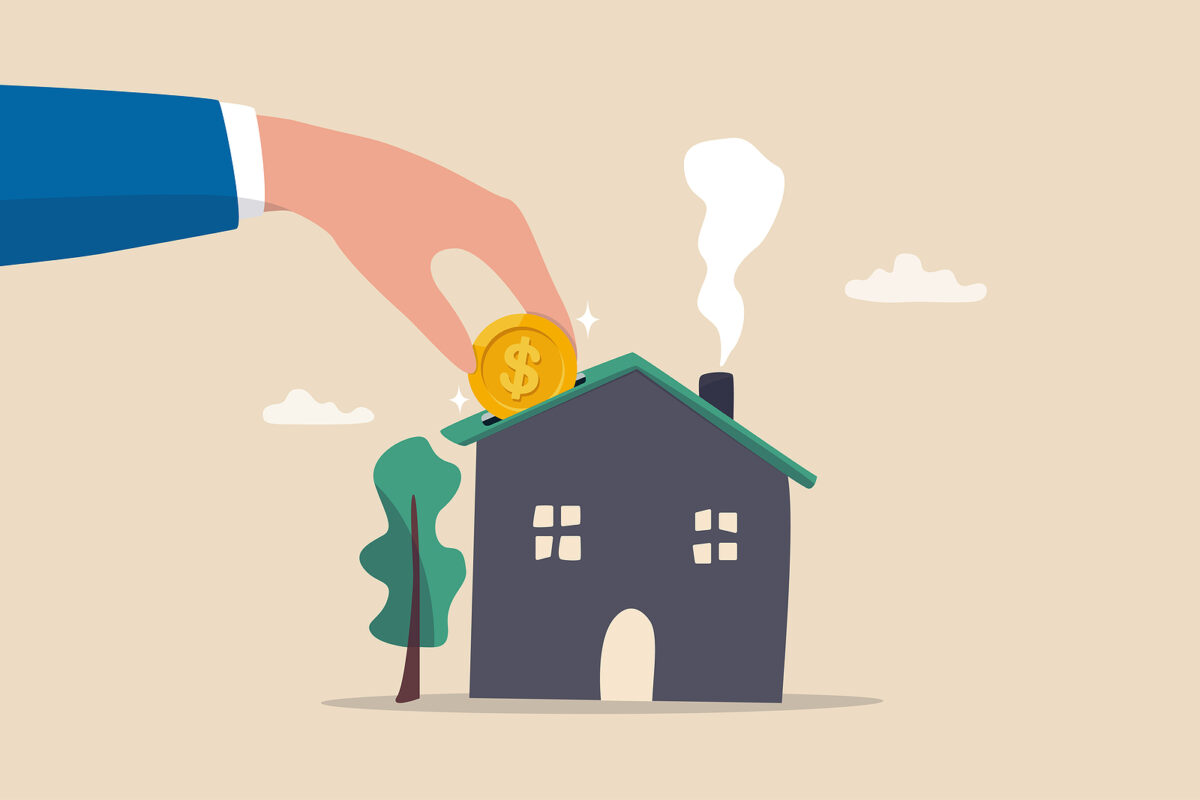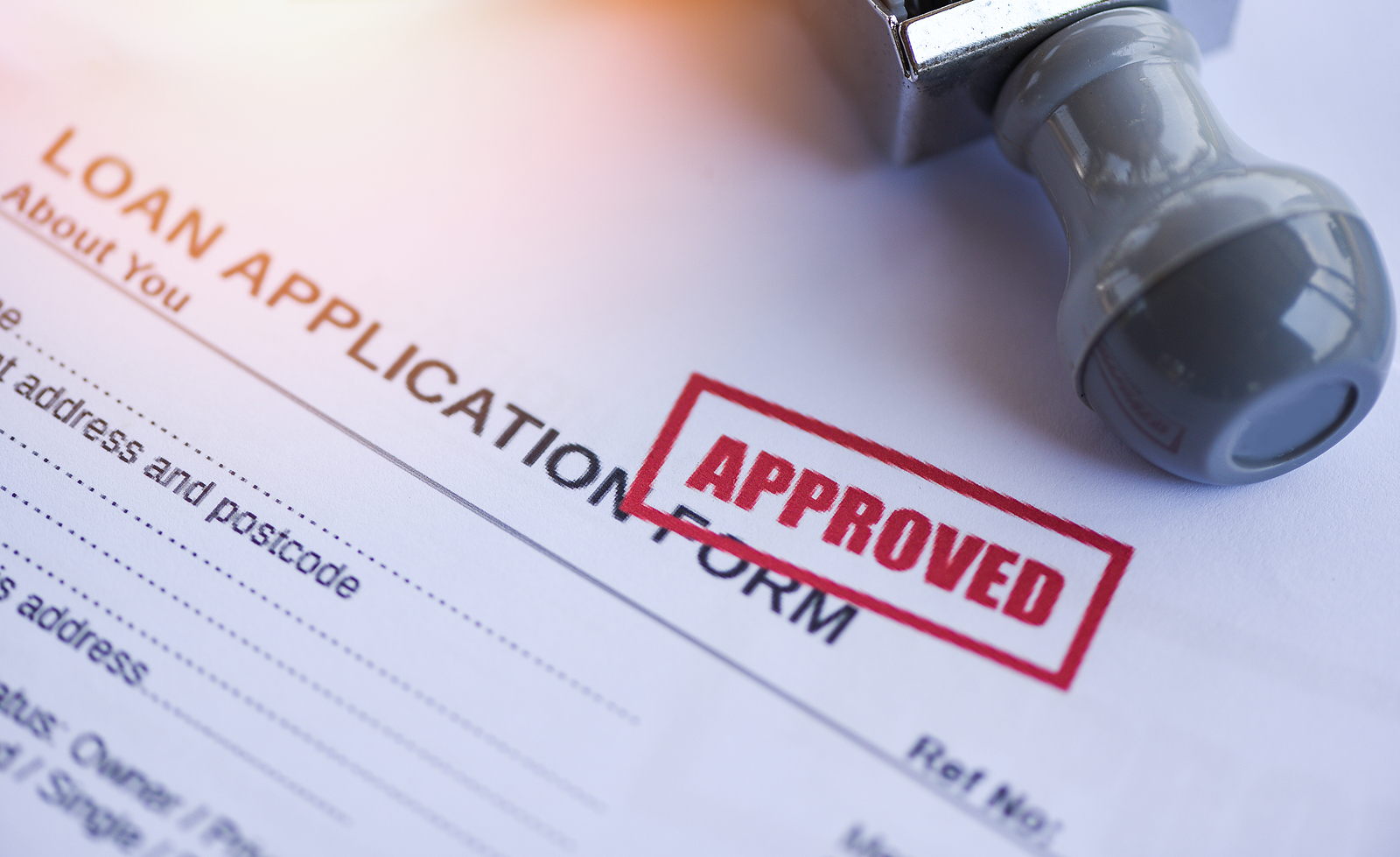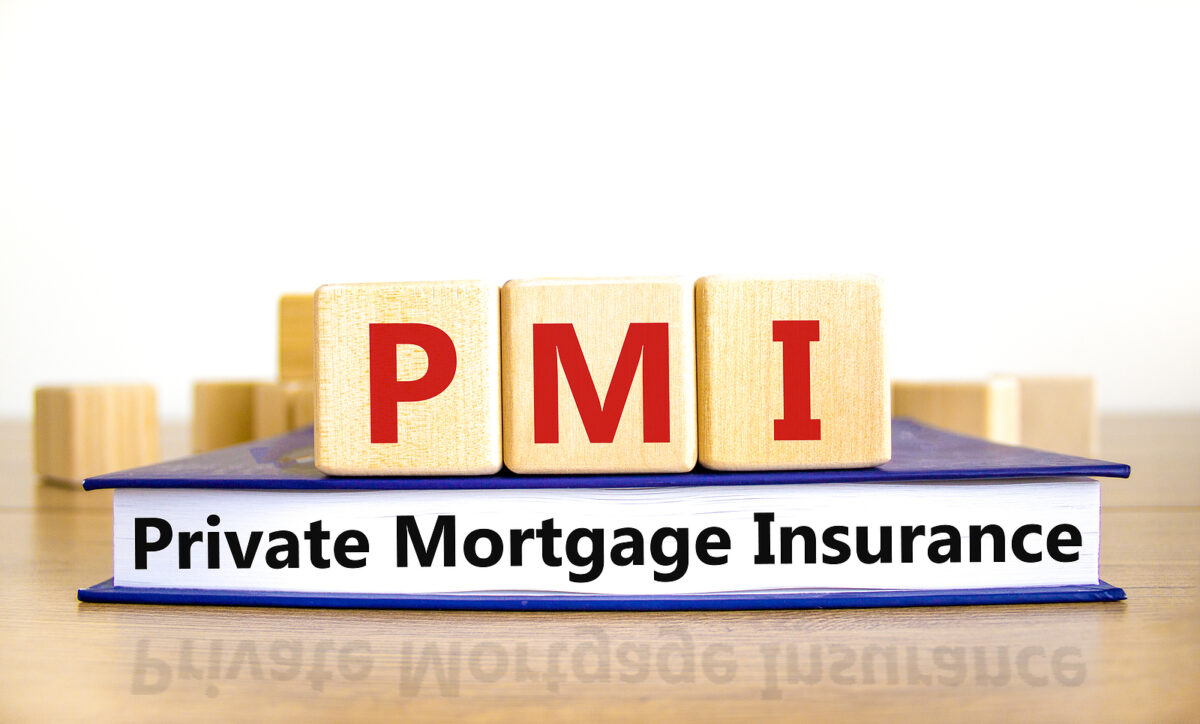As a homeowner, understanding the various factors that influence your property’s value is essential. One often overlooked but significant factor is the quality of local schools. School ratings can have a profound impact on property values, and whether you’re planning to sell your home soon or in the distant future, this is information worth considering. Let’s explore how school ratings affect property values and what you need to know as a homeowner.
Why School Ratings Matter
School ratings are often one of the first considerations for families with children when choosing a neighborhood. Good schools provide better education, safer environments, and more extracurricular opportunities, making them highly desirable. Consequently, properties in areas with high-rated schools often experience higher demand, which can drive up property values.

For potential buyers, a top-rated school district represents not just a quality education for their children but also a sound investment. Homes in these areas are likely to retain or increase their value over time, providing homeowners with greater financial stability. Check and see what schools in your area are rated by searching here.
How School Ratings Influence Property Values
The correlation between school ratings and property values is well-documented. Research consistently shows that homes in highly-rated school districts sell for more and faster than those in lower-rated districts. Here are some ways school ratings influence property values.

Increased Demand
Homes in top-rated school districts are in high demand. Parents are often willing to pay a premium to ensure their children receive the best education possible. This increased demand leads to higher property values and quicker sales.
Better Resale Value
Properties in areas with excellent schools tend to hold their value better over time. Even during economic downturns, these homes are often less affected by market fluctuations, providing a level of financial security for homeowners.
Community Perception
A high-rated school often enhances the overall perception of a neighborhood. It suggests a community that values education, safety, and family well-being, which can attract more buyers and investors, further driving up property values.
Factors That Affect School Ratings
Understanding what influences school ratings can help you better appreciate their impact on property values. Several factors contribute to a school’s rating, including:
Academic Performance
Standardized test scores, graduation rates, and college admission rates are significant components of a school’s rating. Schools with high academic performance are often rated better, attracting families who prioritize education.

Teacher Quality
The qualifications, experience, and performance of teachers play a crucial role in school ratings. Schools with dedicated and high-performing teachers are more likely to receive higher ratings.
Facilities and Resources
The quality of school facilities and the availability of resources such as libraries, technology, sports facilities, and extracurricular programs also impact school ratings. Well-equipped schools with diverse programs are more appealing to parents and students alike.
Student-Teacher Ratio
A lower student-teacher ratio often indicates more personalized attention for students, contributing to better academic outcomes and higher school ratings.
What You Can Do as a Homeowner
If you’re a homeowner looking to maximize your property’s value, there are several steps you can take to leverage the impact of local school ratings:
Stay Informed
Keep abreast of your local school district’s performance and any changes in school ratings. Websites like GreatSchools and Niche provide comprehensive school ratings and reviews.
Support Local Schools
Getting involved in local school activities and supporting school initiatives can help improve the quality and perception of local schools. This, in turn, can positively affect property values in your area.

Highlight School Ratings in Listings
If you’re selling your home, make sure to highlight the local school ratings in your property listing. This information can be a significant selling point for potential buyers with children.
Consider Long-Term Investments
If you’re planning to move, consider investing in a property within a highly-rated school district. Even if you don’t have school-aged children, the resale value of your home will benefit from the demand generated by quality schools.
Conclusion
The impact of local school ratings on property values is undeniable. High-rated schools attract families, increase demand, and improve the overall perception of a neighborhood, all of which contribute to higher property values. As a homeowner, staying informed about local school ratings and supporting your community’s schools can help you maximize your property’s value and make informed decisions about buying or selling your home.












